The Department for Transport is talking to three operators about a potential joint order for new trains.
DfT Director General for Rail Services, Alex Hynes, told the Transport Select Committee the potential order would replace a number of ageing diesel units.
The Department for Transport is talking to three operators about a potential joint order for new trains.
DfT Director General for Rail Services, Alex Hynes, told the Transport Select Committee the potential order would replace a number of ageing diesel units.
“We are talking to Great Western Railway, South Western Railway and Chiltern about whether we could do an order which would cover all of the rolling stock requirements for those operators,” he told MPs.
“There’s no sense for them to have their own diesel replacement trains. That non-standardisation drives cost and complexity.”
Hynes made the comment during a hearing to discuss rail investment pipelines, in which he made several comments about the need for a joined-up rolling stock and infrastructure strategy.
He said the DfT wants a “vibrant supply chain”, saying there are already procurements under way for Northern, Southeastern and TransPennine Express, but thoughts were already turning to next year.
He said a joined-up strategy and a more strategic approach was a “huge opportunity” for the supply chain.
“We have the ability to build about 1,000 carriages per annum in this country but we normally only buy about 500 a year, that’s the average long-term demand.
“What the manufacturers are saying is ‘our factories don’t need to be full all of the time, but slow and steady wins the race’.”
MPs heard Hynes say the DfT knows how many trains there are, and their age, and that a strategy will help with manufacturing and heavy overhaul pipelines.
He added: “There was a period of time when the average age of rolling stock was a bit too low. We’d over-invested in it for a period of time.
“One of the many reasons we need a rolling stock strategy is that when we created this boom in rolling stock orders through the franchise bidding process, we inadvertently put the heavy overhaul market under huge pressure.
“People like Wabtec in Doncaster are closing their operation, and this is why we need this smooth and steady pipeline.”
He also said ‘boom and bust’ provides poor value taxpayer by “overhearing the market” and getting poor value, adding that it’s important that a strategy makes sense for manufacturers too.
Rail Minister Lord Hendy said the plans were “very exciting prospect”.
“This market has been terribly fragmented for over 30 years and I don’t think it has helped the manufacturers nor the people with the skills, but that’s what we aim to remedy through the strategy.
“After train companies were first put into franchises there was something like a three-year period where there were no rolling stock orders at all, which was devastating for the supply market.”
Hynes also reiterated that the government supported the orders with Hitachi made by FirstGroup and Arriva for their Lumo and Grand Central open access operations.
The lack of a rolling stock strategy came up at last month’s Rail Live, which heard how the UK has ended up with trains people ‘neither want nor like’.
Graeme Clark, Head of Business Development Rolling Stock, Siemens Mobility UK&I, said trains, power supply and traction supply can’t be considered separately.
Clark said UK is “far too prescriptive” in its specifications, saying manufacturers should be given requirement-based specifications rather than prescriptive ones which don’t hinder their “ability to deliver what we think is the best train” which is the same regardless of which part of the country it’s running in.
Focusing on traction, Clark said he’d also like a strategy that commits to getting rid of diesel and not “hide behind the fact that a diesel bi-mode is still a diesel”.
“'I’d like to see a strategy, and I'm hoping GBR (Great British Railways) is going to do this, which says that we are going to head towards a fully electric railway, because I don't think anybody would argue that an electric railway everywhere is the best way to go,” he said.
Login to continue reading
Or register with RAIL to keep up-to-date with the latest news, insight and opinion.

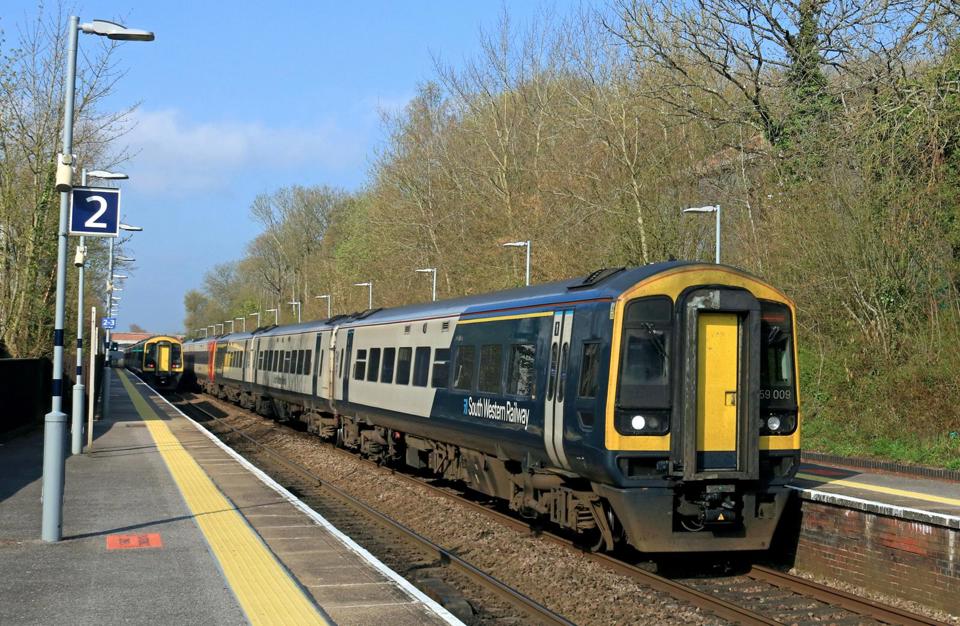

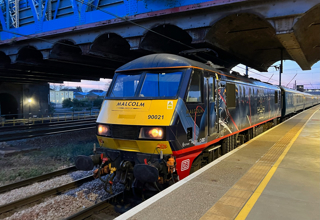
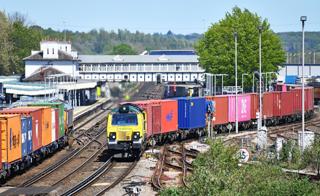
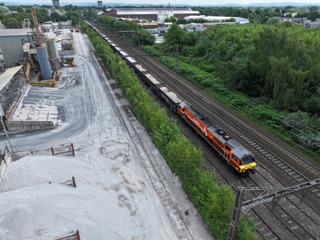
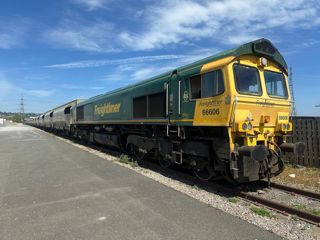
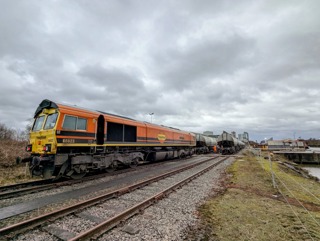










Login to comment
Comments
No comments have been made yet.